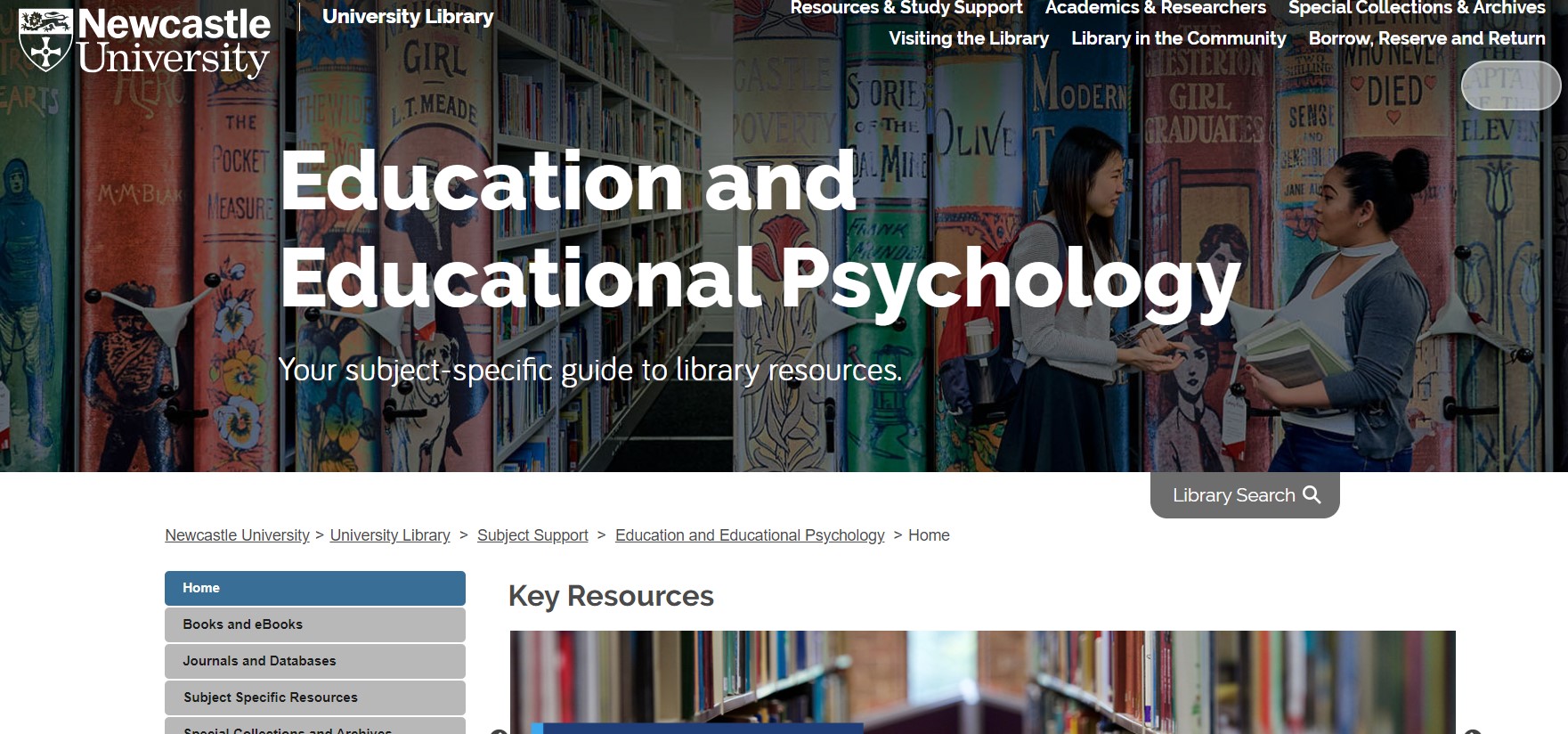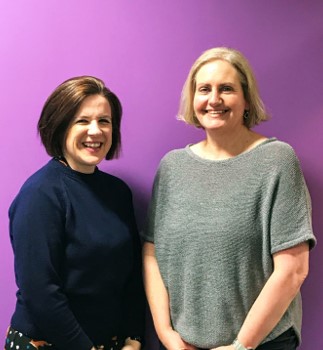
What are the key ingredients to a successful recipe for referencing? Of all the enquiries we get in the Library, referencing is the most common.
Referencing is the acknowledgement of the sources that you use in your work. You must reference all sources that you use in your assignment, project or dissertation, including words and ideas, facts, images, videos, audio, websites, statistics, diagrams and data.
Over the next two weeks weeks we’re focusing on referencing, giving you the recipe for success. As a novice referencing baker, you might need a little help to understand the ingredients and methods for your referencing style.
We’ll tell you where to get advice and help
Understand why we reference and how
How to avoid plagiarism
How to manage your information to make your life easier and assignments less stressful, giving you the recipe for success.




